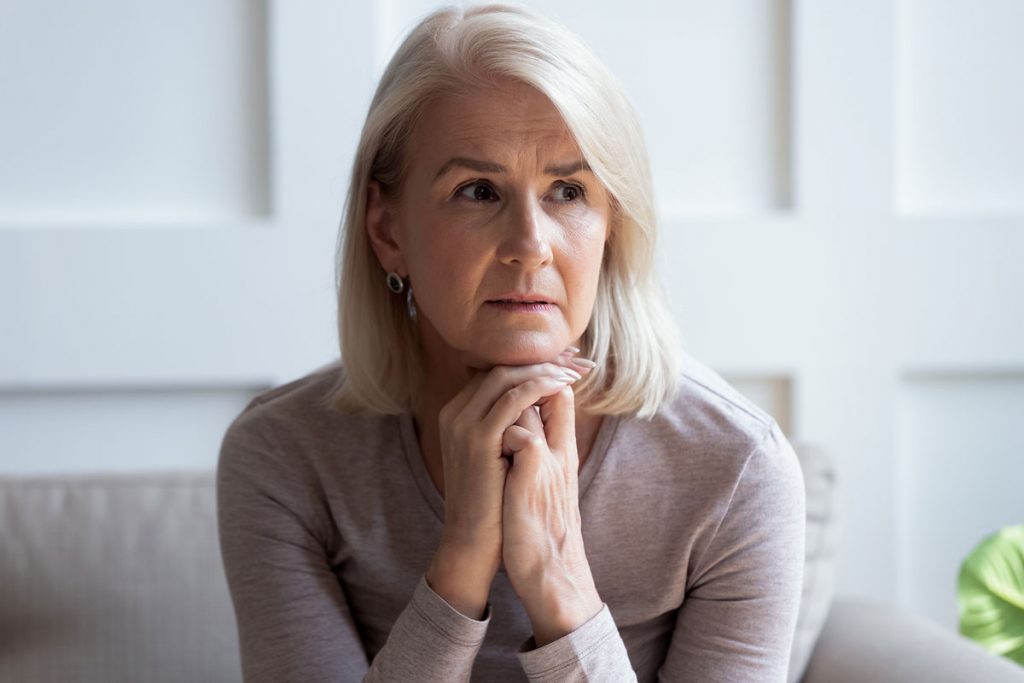Intensive Outpatient (PM)
In-Person Teen Intensive Outpatient Program
THIRA Health now offers an Intensive Outpatient Program specifically designed for the unique needs of teen girls and female-aligned individuals. The program is built on a foundation of Dialectical Behavior Therapy. DBT has proven to be an effective treatment for a wide variety of disorders, including eating disorders, anxiety, depression, self-harm, and others.
To speak with one of our intake specialists, call 425.650.0988 or fill out one of our convenient forms located in the upper right of this page (“I need help…”)
- Monday thru Thursday, 4:30 PM to 6:45 PM
- Expressive art
- Yoga/therapeutic movement
- Teen DBT skills training groups and individual DBT therapy
- Parents and teens learn DBT "Middle Path" and Interpersonal Skills together (virtual until further notice)
- Registered Dietitian nutritional counseling sessions (as needed)
- Parent education, including DBT skills and behavioral parenting strategies
Virtual Adult Intensive Outpatient Program
Our Intensive Outpatient programs for adults blends individual and group therapy, DBT skills training, and greater support than standard IOP programs.
- 3 hours per day, 3 days per week (4:00pm - 7:00pm, TuWTh).
- Adult women and female-aligned individuals
- Individual Psychotherapy outside of programs
- Group Therapy
- Family support
- Continuity of care between PHP and IOP
- Dialectical Behavior Therapy
- Added emphasis on practical skill-building
Targeted to your unique needs
Blended Therapy Offerings
A blend of group therapy and individual therapy that incorporates DBT targets the unique needs of the patient.
Strong Support Tools
Resources such as family support ensure that patients are able to make the most of their journey at THIRA.
Skills Training
DBT is used to obtain lasting results for women by providing them with skills and strategies to cope with real-world situations.

Who is evening IOP for?
The Intensive Outpatient Program (IOP) is ideal for anyone who is dealing with eating disorders, significant anxiety and/or depression, but not at a level that demands a more comprehensive, time-intensive commitment such as our Partial Hospitalization offering. IOP patients are commonly entering a second phase of treatment following a Partial Hospitalization or another, similar program.
